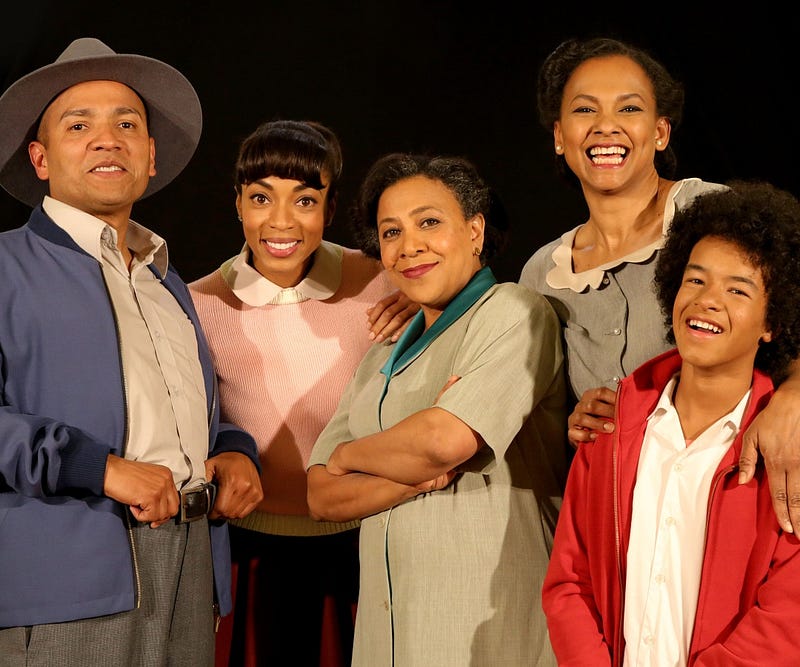Community, Leadership, Experimentation, Diversity, & Education
Pittsburgh Arts, Regional Theatre, New Work, Producing, Copyright, Labor Unions,
New Products, Coping Skills, J-O-Bs...
Theatre industry news, University & School of Drama Announcements, plus occasional course support for
Carnegie Mellon School of Drama Faculty, Staff, Students, and Alumni.
CMU School of Drama
Monday, November 05, 2018
Afro-Colombian production of “A Raisin in the Sun” brings pride and highlights social parallels
medium.com: An Afro-Colombian rendition of Lorraine Hansberry’s classic play “A Raisin in the Sun” recently broke ground in the country’s theater scene as the first adaptation in Spanish and for its notable all black cast. The play, which ran throughout the summer in Bogotá’s renowned Teatro Colón, will soon tour around the country and includes a cast of noted Afro-Colombian actors such as Bárbara Perea, Nina Caicedo, Ramsés Ramos and Mateo Giraldo. After learning of the production of such a culturally significant piece being done here in Colombia (my home abroad), I knew I had to attend and find out the backstory.
Subscribe to:
Post Comments (Atom)

1 comment:
The concept of comparing minorities can appear to be problematic, but it can be very strong if the proper parallels are drawn. In this Afro-Columbian production of “A Raisin in the Sun”, the creative team took on the challenge of putting on this translated performance. The issues playwright Lorraine Hansberry chooses to emphasize in her story are prevalent for Africans in the United States, as well as Africans in Latin America. Representation of minorities is a problem not limited to our nation; this article points out that the 10-25% Afro-Columbians are only reflected by 3% of their Congress. Therefore, I believe it to be so essential that at least this minority is showcased through the arts by “bring[ing] black people to theatre.” Yet the author of this article does note that the audience was a racially diverse crowd, which is important to do when voicing the people who are, unfortunately, not always heard.
Post a Comment